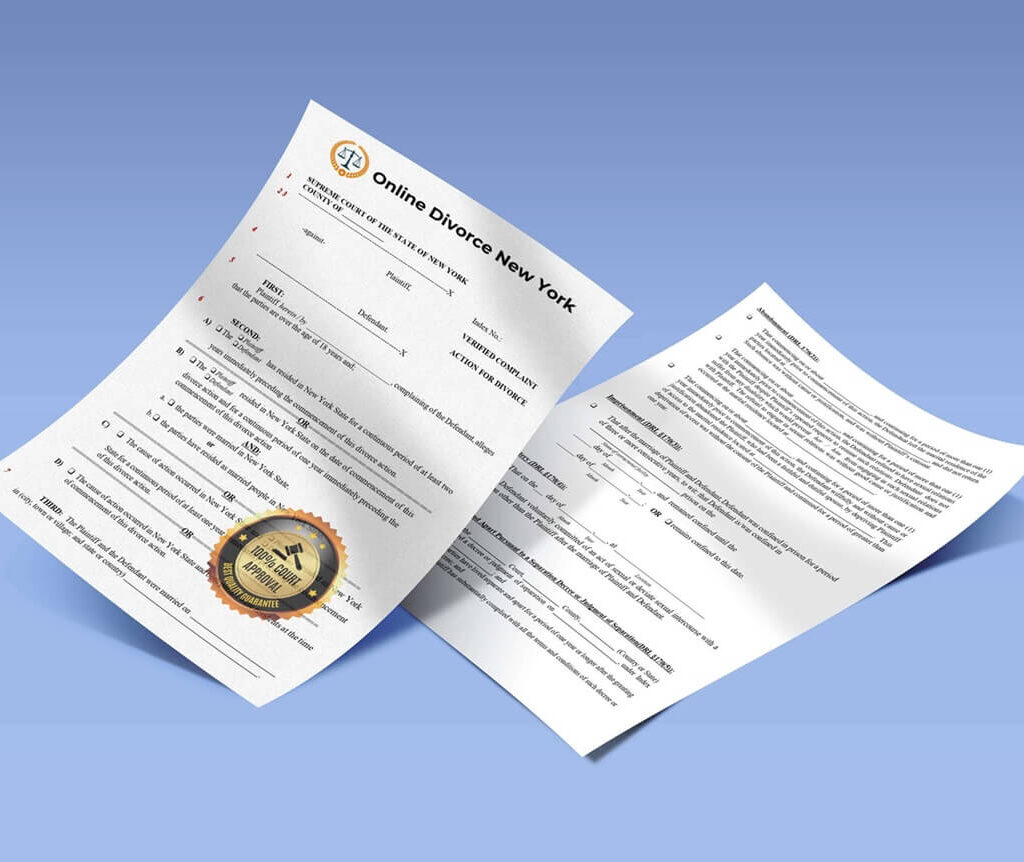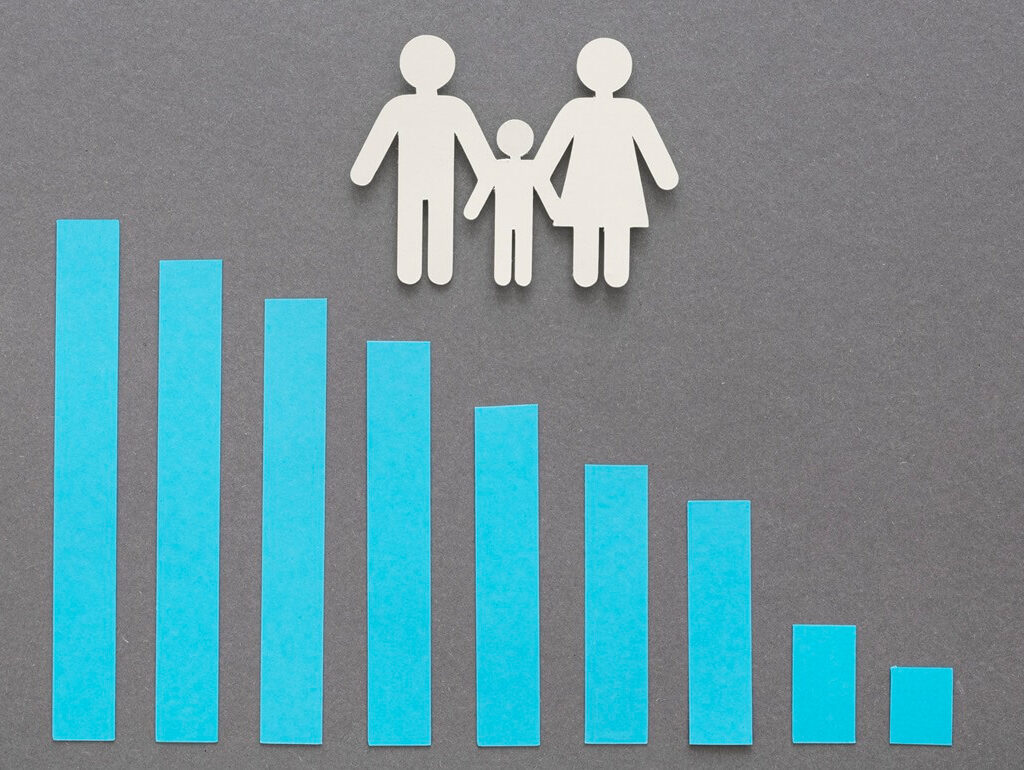New York has a mixed divorce system. Spouses can pursue a no-fault divorce, citing an irretrievable breakdown of the marriage, or they can file for divorce based on fault grounds such as adultery or abandonment if they choose.
Types of Divorces in New York
Currently, based on the reasons for ending a marriage, there are two types of divorces in New York: no-fault and fault-based.
Not so long ago, New York was among those states where only fault-based divorces were recognized. However, since 2010, the New York state divorce system has undergone significant reform. It has provided many benefits to couples who wanted to get divorced but were afraid of a complicated procedure where a petitioner had to prove the fault of the other party.
Now, it is possible to start a one-sided divorce in New York, blaming the other spouse for marital misconduct, or file together if spouses believe the marriage cannot be saved. Let’s take a closer look at the differences between the no-fault and fault-based marriage dissolutions.
No-Fault Divorce in New York
This type of divorce process is based on the fact that spouses do not blame each other for anything. Rather, they accept that they do not get along anymore.
In the case of a no-fault divorce, New York divorce laws require spouses to testify under oath that the marriage is irretrievably broken for at least six months.

It is possible to use this ground if a couple has resolved issues of property sharing, alimony award, child custody, etc., meaning they start an uncontested divorce in NY. It significantly simplifies the dissolution process, and divorce can be granted relatively quickly.
However, if spouses have any disputes on divorce-related matters, their case is contested. Divorce cannot be granted until spouses agree on their own or the court decides on contested matters. It will be necessary for them to attend one or several court hearings during which all these issues will be addressed. Accordingly, the process will be longer and more expensive.
Fault-Based Divorce in NY

The second type of marriage dissolution takes place when a filing spouse states in the petition the specific fault of the other party, which is a reason to seek a divorce. The fault grounds for divorce in New York State include:
- adultery;
- physical or moral abuse;
- imprisonment for 3 years or more;
- abandonment that lasts 1 year or more.
A petitioner must be ready to prove in court that the other party’s misconduct indeed took place and confirm this reason for divorce in NY by providing convincing evidence.
There are two more grounds recognized in New York, which are difficult to refer to as fault or no-fault ones. They are based on separation agreement or Judgment of Separation and are not so commonly used in the state.
What Are the Benefits of a No-Fault Divorce?

With the introduction of the no-fault procedure, getting divorced in New York has become much easier than it used to be. The main advantages of this option are:
- Reduced time and money expenses. The parties will not have to spend much money and time searching for and providing the court with acceptable evidence of the spouse’s wrongdoing.
- Possibility of a DIY divorce. Spouses can go through the process without an attorney, saving money on legal representation if the case is uncontested.
- Less psychologically traumatic process. Since no-fault divorce doesn’t require multiple court hearings if parties are in agreementit’s more likely that spouses will end the relationship on good terms. It is particularly important if they have kids since they will be able to peacefully negotiate different custody issues in the future.

Start by creating a free account on our website to see if you qualify for an online divorce in New York. Prepare all the paperwork needed for filing an uncontested divorce online without lawyers.

Rafael Hebert is an experienced writer specializing in such topics as infidelity in marriage and divorce. His works can be seen on popular blogs like Marriage.com and Divorce Magazine. Having background in relationship counseling, Rafael is dedicated to helping individuals with emotional issues surrounding infidelity and educating them on their divorce options. In his free time, Rafael enjoys watching documentaries and visiting film festivals in different states.







